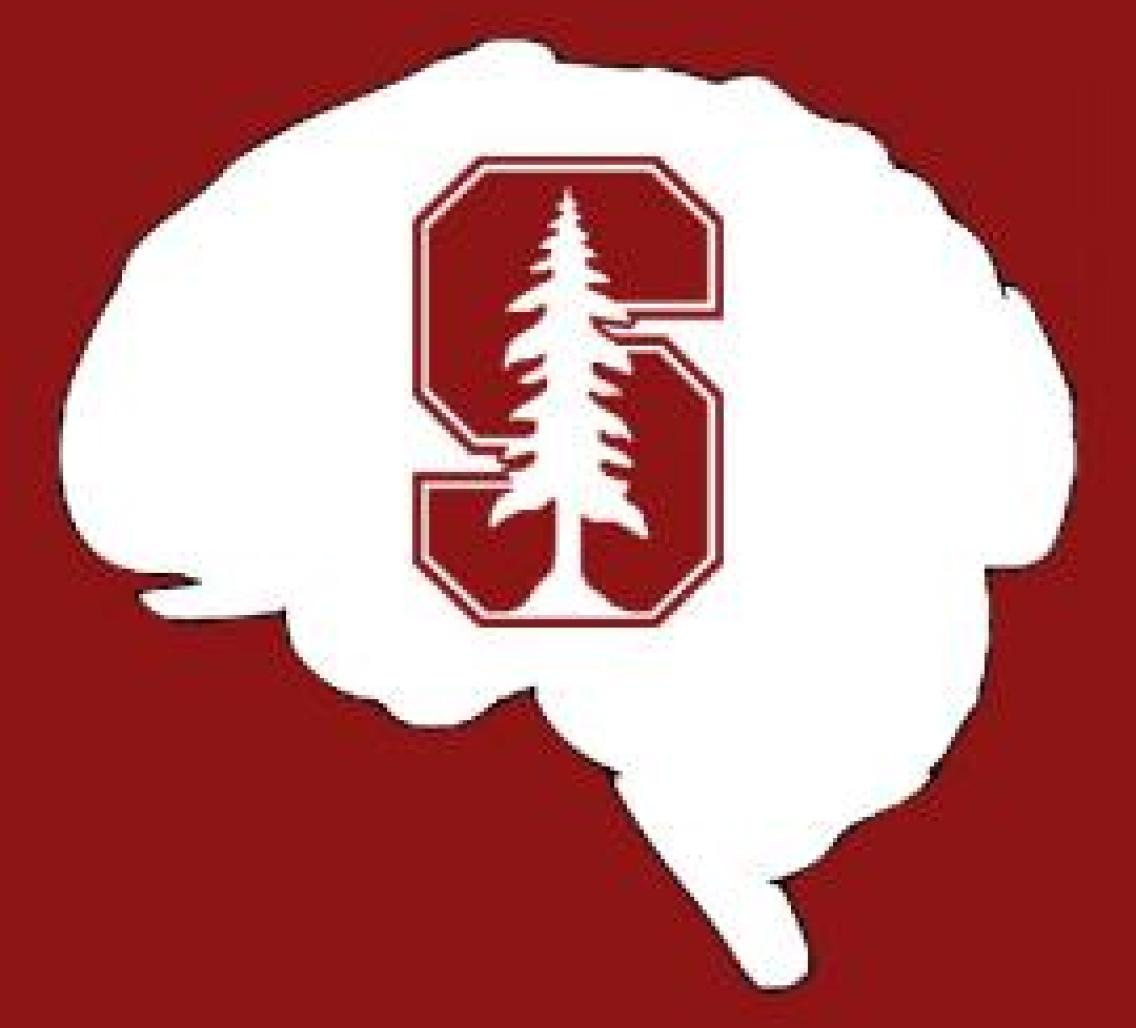Event Details:

The opioid crisis: Solutions from neuroscience

Nora Volkow, MD
Director of the National Institute on Drug Abuse (NIDA) at the National Institutes of Health (NIH)
Host: Robert Malenka
This seminar is co-hosted by the Department of Psychiatry and Behavioral Sciences, as part of the Psychiatry Grand Rounds.
Abstract
The misuse of and addiction to opioids—including prescription pain relievers, heroin, and synthetic opioids such as fentanyl—has resulted in a national crisis that we have not yet been able to revert. With knowledge gained from neuroscience advances, NIH researchers are now seeking ways to turn the tide in the opioid crisis through the development of new medications to treat pain, as well as innovative strategies to treat opioid use disorder and prevent and reverse overdose. Our growing knowledge of the neurobiology of pain and opioid addiction has helped researchers to identify novel molecular targets for medications such as the development of biased opioid agonists for analgesia and the development of D3 receptor antagonists for addiction. Similarly, the use of stimulation technologies (such as transcranial magnetic stimulation [TMS], transcranial direct current stimulation, and electrical deep brain stimulation) offer new ways of modifying the function of neuronal circuits that process pain or that of circuits that underlie conditioning and self-regulations for the treatment of pain and opioid use disorders respectively. Other novel approaches include biologics such as the use of antibodies against nerve growth factor for certain pain conditions and the development of antibodies or vaccines against fentanyl and heroin as adjuncts to the treatment of opioid use disorders. A better understanding of the neurobiological processes that underlie the transition from acute to chronic pain as well as those that underlie the vulnerability to addiction will allow us to tailor personalized prevention strategies. Finally, the translation of innovative approaches to address the opioid crisis will also benefit from dissemination and implementation strategies that take advantage of social and educational neurosciences.
Related papers
[1] Nora D. Volkow, M.D., and A. Thomas McLellan, Ph.D. Opioid Abuse in Chronic Pain — Misconceptions and Mitigation Strategies. (2016) The New England Journal of Medicine. N Engl J Med 2016; 374:1253-1263. doi:10.1056/NEJMra1507771
[2] Nora D. Volkow, M.D., and Francis S. Collins, M.D., Ph.D. The Role of Science in Addressing the Opioid Crisis. (2017) The New England Journal of Medicine. N Engl J Med 2017; 377:391-394. doi:10.1056/NEJMsr1706626